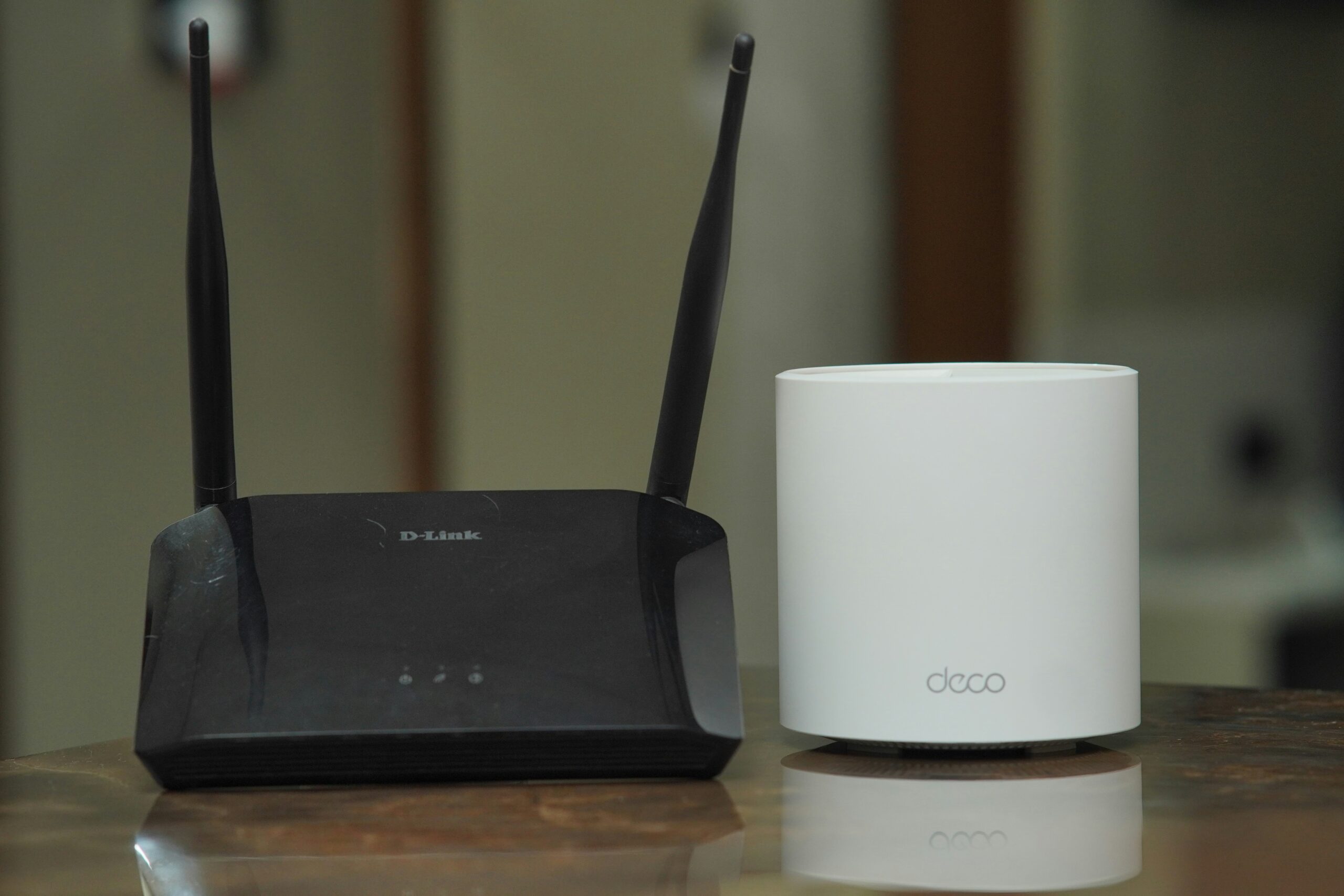To be blunt, shopping for internet service is about as fun as getting a root canal. You’ve got sales reps throwing around numbers like they’re speaking a foreign language, and every provider claims they’re the fastest and cheapest. Here’s how to cut through the noise and actually pick something that works for you.
Figure Out What Speed You Actually Need
Here’s the thing everyone gets wrong: most people either way overpay for lightning-fast internet they’ll never use, or they cheap out and end up cursing at their router every night. So let’s talk real numbers.
If you’re mostly scrolling Instagram, checking email, and binge-watching Netflix, you really don’t need that fancy gigabit plan the salesperson keeps pushing. I know it sounds impressive, but you’re basically paying for a Ferrari to drive to the grocery store.
When comparing internet plans, you can figure for everyday stuff like browsing and email, 25 Mbps does the job just fine. Streaming HD video? That’s about 5-10 Mbps per device. Now, if you’ve got teenagers streaming TikTok while you’re on Zoom calls and your partner’s gaming online, then yes – bump it up to at least 100 Mbps. But unless your house is basically a data center, you probably don’t need anything crazy beyond 200 Mbps.
Watch Out for Those Sneaky Data Caps
This one trips people up all the time. Your provider says “unlimited internet!” in big bold letters, but buried in the fine print is something about slowing you down after you hit a certain amount. It’s like an all-you-can-eat buffet that starts charging you after your third plate.
Satellite internet is notorious for this, and some cable companies still pull this trick too. If your family streams a lot (and I mean a lot), downloads big files, or you’ve got multiple people working from home, those overage fees can hit you like a brick wall. We’re talking $10-15 for every chunk of extra data you use. Sometimes it’s actually cheaper to just pay for the truly unlimited plan upfront.
Don’t Fall for the Pricing Games
Oh boy, this is where internet companies get really creative. They’ll hook you with some amazing deal – “$39.99 for blazing fast internet!” – and then BAM, year two rolls around and suddenly you’re paying $79.99.
Before you sign anything, ask these questions:
- What am I actually going to pay after this promotional rate expires?
- How long am I stuck in this contract?
- If I want out early, what’s it going to cost me?
- Are there any hidden fees for installation or renting equipment?
Month-to-month plans cost more upfront, sure, but they give you the freedom to bail if things go south or something better comes along.
The Equipment Situation
Most companies want to rent you a modem and router for around $10-15 a month. Do the math – that’s $120-180 a year for equipment you could buy for $150-200. It’s like renting a car for your daily commute.
But here’s the catch: when you own your equipment and something goes wrong, you’re on your own for troubleshooting. If you’re the type who breaks into a cold sweat when the WiFi stops working, maybe that rental fee is worth your sanity.
Putting It All Together
Start with an honest look at how you actually use the internet. Don’t let some smooth-talking sales rep convince you that you need enterprise-level service to check Facebook. But also don’t be penny-wise and pound-foolish by getting something so slow it makes you want to throw your laptop out the window.
Think about where your household is heading too. Planning to set up a home office? Getting into smart home gadgets? Maybe build in a little extra headroom.
The bottom line? The best internet plan isn’t the cheapest or the fastest – it’s the one that reliably does what you need without breaking the bank. Take your time, ask the right questions, and don’t let anyone pressure you into signing on the spot.

